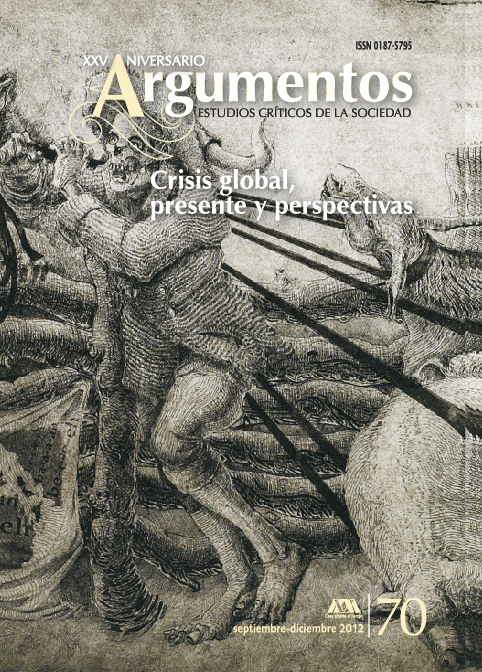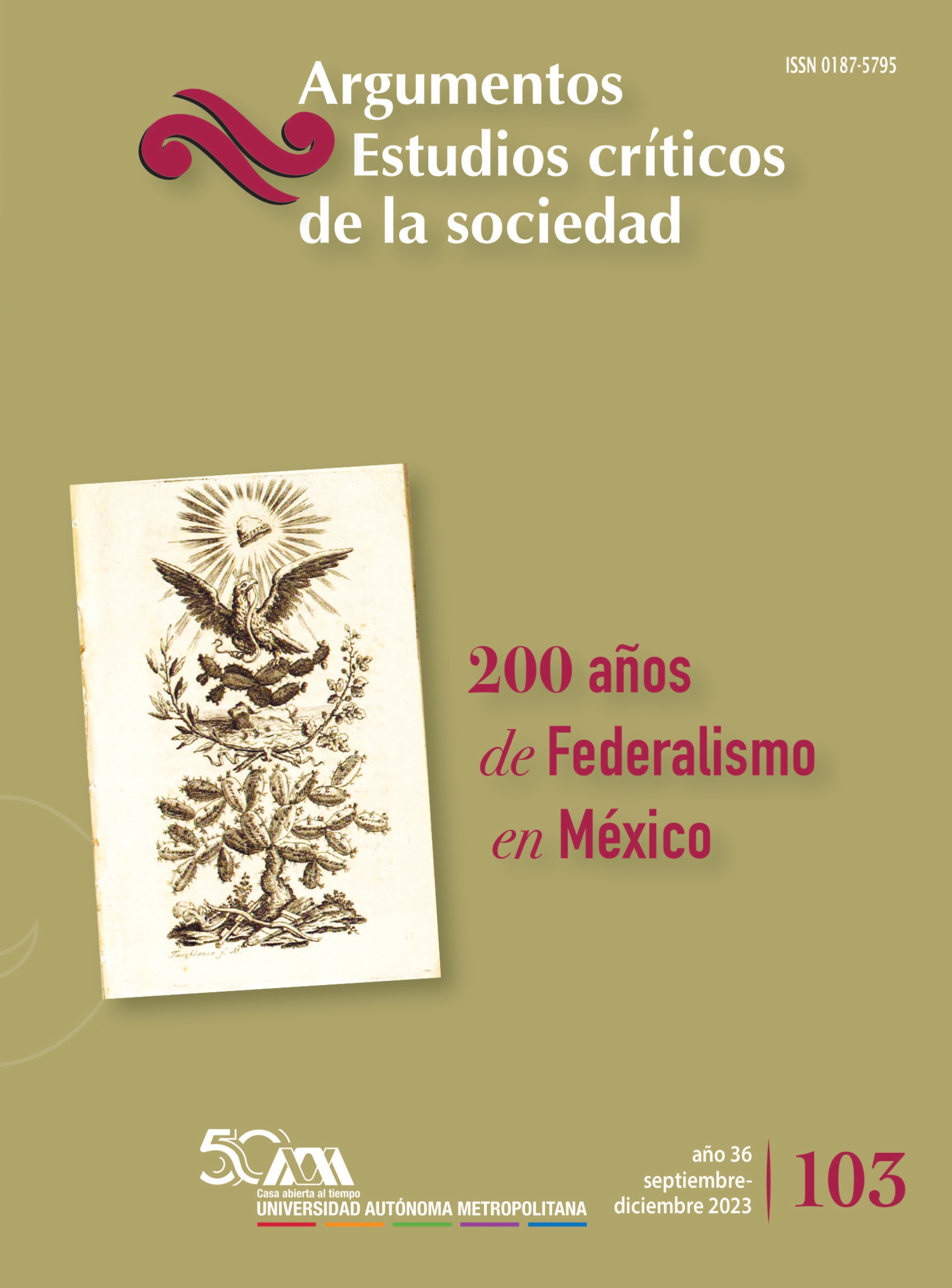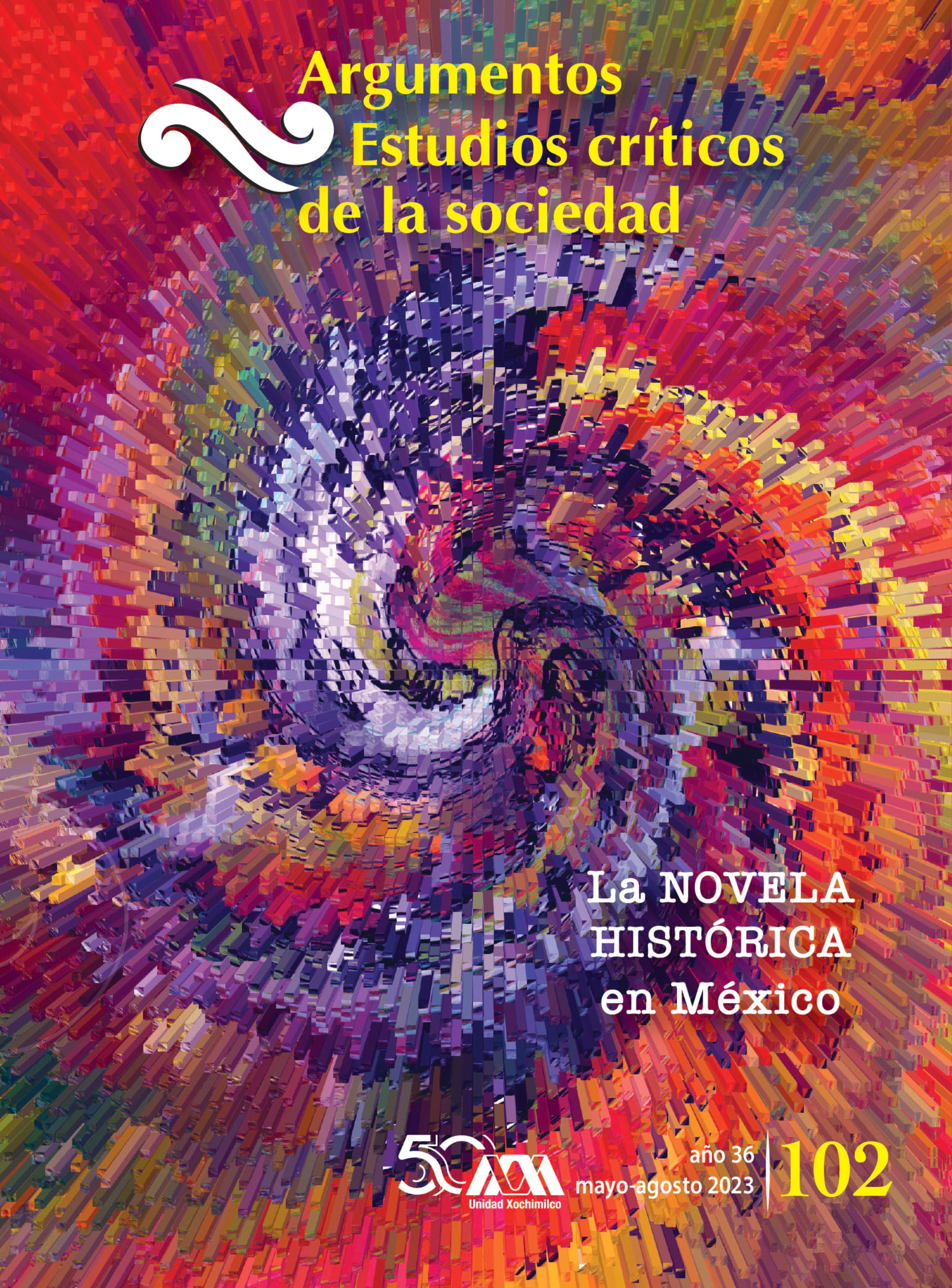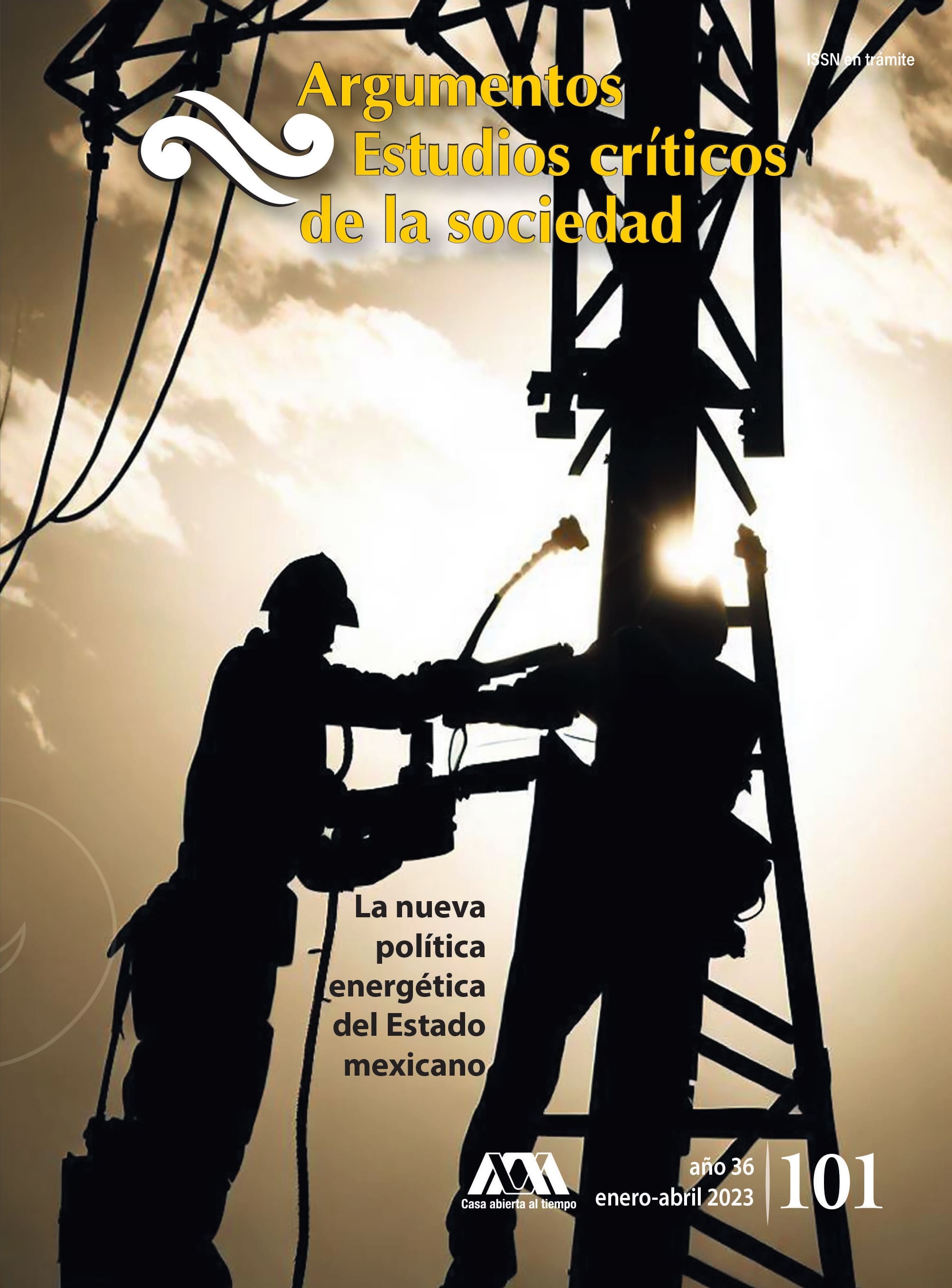Génesis y desarrollo de la crisis española
Palabras clave:
España, eurozona, crisis económica.Resumen
Este trabajo analiza los orígenes y la evolución reciente de la crisis española y formula recomendaciones de política macroeconómica y reforma estructural encaminadas a recuperar el crecimiento de la producción, sobre bases sostenibles y sólidas. Las causas fundamentales de la crisis residen no sólo en las fallas y omisiones de la estrategia económica del gobierno español, sino en las vulnerabilidades provocadas por el diseño institucional de la eurozona. El ingreso de España a la zona del euro dio lugar a un rezago en materia de competitividad internacional que se fue profundizando con el paso de los años. Para contrarrestar su deficiente desempeño exportador, España optó por reproducir el patrón estadounidense de sobreendeudamiento de hogares, unidades productivas e instituciones financieras, por un lado, y de auge en el sector inmobiliario, por el otro. El fracaso de este modelo de crecimiento sumió a España en una crisis sin precedentes, sobre todo, porque la arquitectura intrínseca de la eurozona representa ahora el principal obstáculo para hacerle frente.
Citas
Artis, M., J. Fidrmuc, y J. Scharler, “The transmission of business cycles. Implications for EMU enlargement”, Economics of Transition, vol. 16, No. 3, 2008, pp. 559-582.
Berger, H. y V. Nitsch, “The Euro’s effect on trade imbalances,” IMFWorking Paper 10/226, Washington, D.C., 2010.
Biroli, P., G. Mourre y A. Turrini, “Adjustment in the Euro Area and Regulation of Product and Labour Markets: An Empirical Assessment,” Centre for Economic Policy Research, Discussion Paper 8010, Londres, 2010.
Bordo, M., “The euro needs a fiscal union: some lessons from history”, Economic Policies for the 21st Century, 12 de octubre, 2010 [http://web.xrh.unipi.gr/attachments/1551_SOMC_Oct_Bordo.pdf ].
Böwer, U. y C. Guillemineau, “Determinants of business cycle synchronization across Euro Area Countries”, European Central Bank, Working Paper No. 587, Fráncfort del Meno, 2006.
Burstein, A., C. Kurz y L. Tesar, “Trade, production sharing, and the international transmission of business cycles”, Journal of Monetary Economics, vol. 55, No. 4, 2008, pp. 775-795.
Claessens, S., G. Dell’Ariccia, D. Igan y L. Laeven, “Lessons and policy implications from the global financial crisis”, International Monetary Fund, Working PaperNo. 44, Washington, 2010 [http://www.imf.org/external/pubs/ft/wp/2010/wp1044.pdf ].
Imbs, J., “Trade, finance, specialization and synchronization,” Review of Economics and Statistics, vol. 86, No. 3, 2004, pp. 723–34.
European Commission, “Surveillance of Intra-Euro-Area Competitiveness and Imbalances”, Directorate General for Economic and Financial Affairs, European Economy, No. 1, Bruselas, 2010.
Fenge, R. y J. Weizsäcker, “Public pensions and intra-eu mobility: an unfinished agenda”, Bruegel Working Paper, No. 2008/02, Bruselas, 2008.
Jaumotte, F. y P. Sodsriwiboon, “Current Account Imbalances in the Southern Euro Area,” International Monetary Fund, Working Paper 10/139, Washington, D.C., 2010.
Knell, M., “Nominal and Real Wage Rigidities: In Theory and in Europe”, European Central Bank, Working Paper No. 1180, Fráncfort del Meno, 2010, pp. 1-52.
Krugman, P., “Can Europe be Saved?”, New York Times, pp. 1-14, 12 de enero de 2011 [http://relooney.info/0_New_10048.pdf ].
Mundell, R., “A Theory of Optimum Currency Areas”, American Economic Review, Vol. 51, No. 4, 1961, pp. 657-665.
Zemanek, H., A. Belke y G. Schnabl, “Current Account Balances and Structural Adjustment in the Euro Area,” International Economics and Economic Policy,No. 7, 2010, pp. 83-127.
Zimmermann, K., “Labor mobility and the integration of European labor markets”, DIW Berlin Discussion Paper, No. 862, Berlin, 2009.








